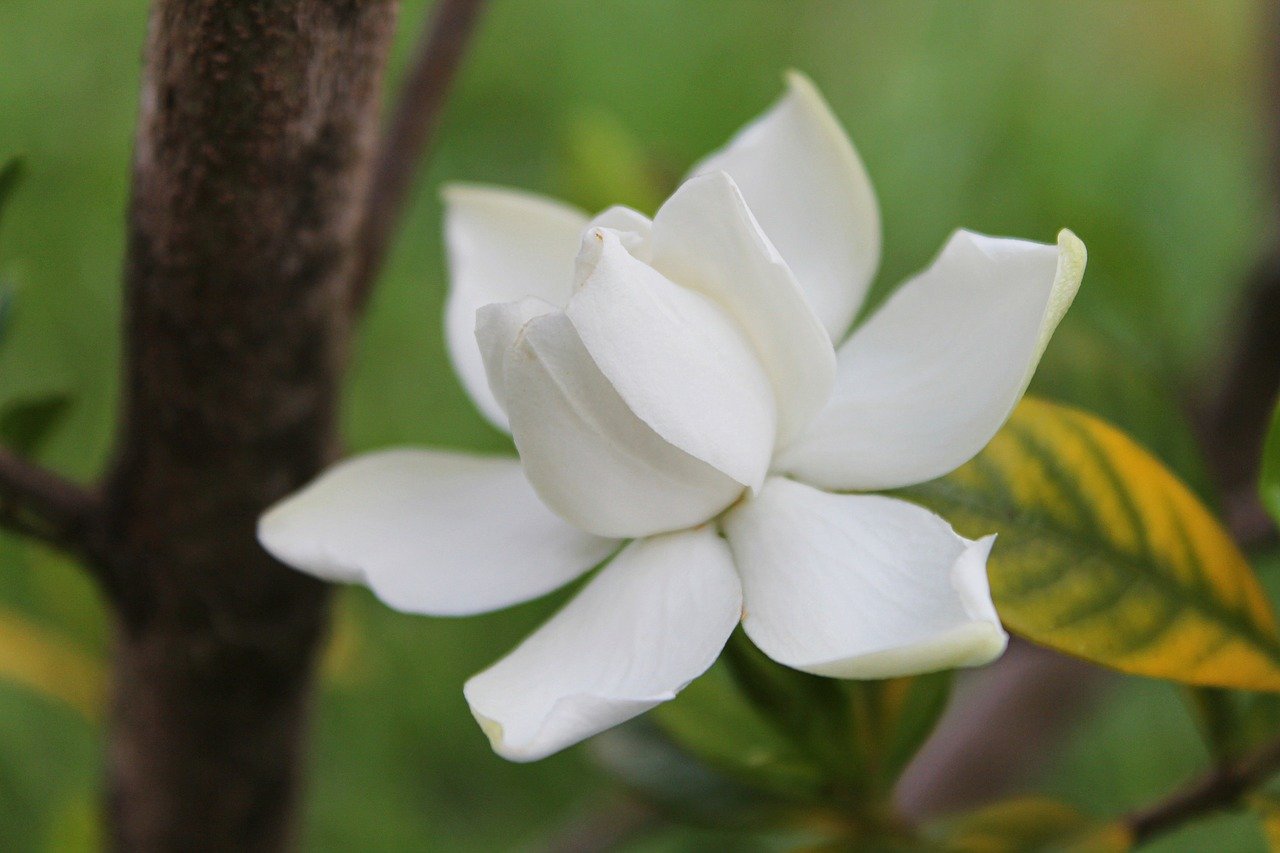Billie Holiday is considered one of the most influential jazz singers of all time. Her deeply moving and haunting vocal style remains timeless. She proved that a soft voice and a small register can be just as powerful as a big voice. Holiday’s very personal style continues to inspire and influence musicians decades after her death. Also known as Lady Day, the “Strange Fruit” singer, she was a brilliant musician and a courageous human being. In the spirit of Black History Month, as we celebrate and honor those amazing souls who changed the world, I would like to share five things most people don’t know about Billie Holiday.
1. Did Billie Holiday write “God Bless the Child?”
In her interview with Willis Conover in 1956, Holiday claimed that she wrote “Your Mother’s Son in Law,” also known as “God Bless the Child,” at the age of 14, after a disagreement with her mother. Her mother refused Billie when she asked her for some money. Holiday then said, “That’s all right. God bless the child that’s got his own.” Later during her rehearsal, she decided to turn that argument into a song with her pianist, Buck, and that’s how she got “God Bless the Child.”
Arthur Herzog Jr., the co-author of “God Bless the Child,” told author Donald Clarke a different story, which was supported in Clarke’s book Billie Holiday: Wishing on the Moon. Herzog questioned the credibility of Holiday’s autobiography Lady Sings the Blues as well as her capability of songwriting. In Herzog’s version of the story, Holiday allegedly couldn’t come up with anything when he asked her for an old-fashioned southern expression, which he could use for a song. She then started rumbling about the fallout she had earlier with her mother. Herzog decided to use the line “God bless the child that’s got his own” from her story as the foundation and gave her half of the writing credit. Although we may never find out the truth in this matter, Herzog’s dismissive attitude towards Holiday and Clarke’s unconditional support unquestionably reflects the history of white jazzmen’s lack of respect for the intelligence and capability of poor black musicians. Billie Holiday was credited with writing more than 10 songs, including “Lady Sings the Blues,” “Billie’s Blues,” and “Fine and Mellow.” Her intelligence and technical capability are without doubt.
2. How she got her start
Billie Holiday had a tough childhood. She and her mother lived alone after her father died when she was 10 years old. At the age of 14, they were struggling to find food. One day, Holiday got desperate. She walked into a club for a drink. Undoubtedly, she couldn’t afford one, so she offered to sing in return. She stepped on stage and sang “Travelin’” and “Body and Soul” with the pianist, Dick Wilson. People in the audience cried when she sang, and that day, she earned $18 from tips. The first thing she did was get a sandwich. Ever since then, she and her mother didn’t have to struggle for food. That’s how Billie Holiday got her start.
3. Holiday’s favorite songs
“Deep Song,” “Some Other Springs,” “Yesterdays” from the show Roberta, and “You’re My Thrill” are the songs that she liked the most, and of course, “God Bless the Child.” Holiday favored songs with beautiful melodies and background, although they may not be the most well-known ones.
4. The gardenia
The classic Billie Holiday photo with white gardenias in her hair might be how most people remember her. Holiday did have a special relationship with the gardenia, but it became her trademark by accident. The flower was originally a cover-up for her burnt hair, but Holiday liked it so much that she incorporated it into her look. She claimed that it was a childish thing that she had. She couldn’t perform without having the gardenia in her hair for a while, but she got over it after time.
5. “Strange Fruit”
“Strange Fruit” is considered the first significant cry against racism, and it almost cost Billie Holiday her career. Holiday was initially reluctant to perform “Strange Fruit” when Abel Meeropol, the American songwriter, first came to her. Holiday wasn’t the first to sing “Strange Fruit,” but her interpretation owns the song. The song reminded Holiday of her father, who died at 39 after being denied treatment at a white-only hospital. Holiday said in her autobiography, “It reminds me of how Pop died, but I have to keep singing it, not only because people ask for it, but because twenty years after Pop died, the things that killed him are still happening in the South.”
Billie Holiday’s tragedy is as well-known as her success and influence in jazz. The legendary singer died handcuffed to her hospital bed, with only 70 cents in her bank account. It would be incomplete to leave out her drug addiction. The underground drug trade invaded the Harlem jazz scene from the early 20th century. Many great jazz musicians, including Charlie Parker, Miles Davis, Art Blakey, and Billie Holiday, were affected by heroin and opium addiction. After Holiday’s performance of “Strange Fruit,” she became a target of the Federal Bureau of Narcotics. Billie Holiday’s story revealed her courage and frankness to fight against racism and discrimination. Her portrait of a drug addict as a flawed human being was ahead of her time.
Let’s remember Lady Day, a brilliant musician and a courageous human being. Enjoy this playlist of her favorites: https://open.spotify.com/playlist/5x2zCyj5TPRcm7kBapEUMb
Our Her Nexx Chapter Community invites you to join us where women are connecting with each other’s stories, exploring different experiences, and transforming ideas.
The Future of Connection for Women
- An Out of the Box Approach to Color Therapy – What “Colors” Your Moods and Emotions? - March 31, 2021
- Celebrate Random Acts of Kindness Day with a Prompt - February 17, 2021
- Black History Month: 5 Things Most People Don’t Know About Billie Holiday - February 12, 2021
Follow us:







